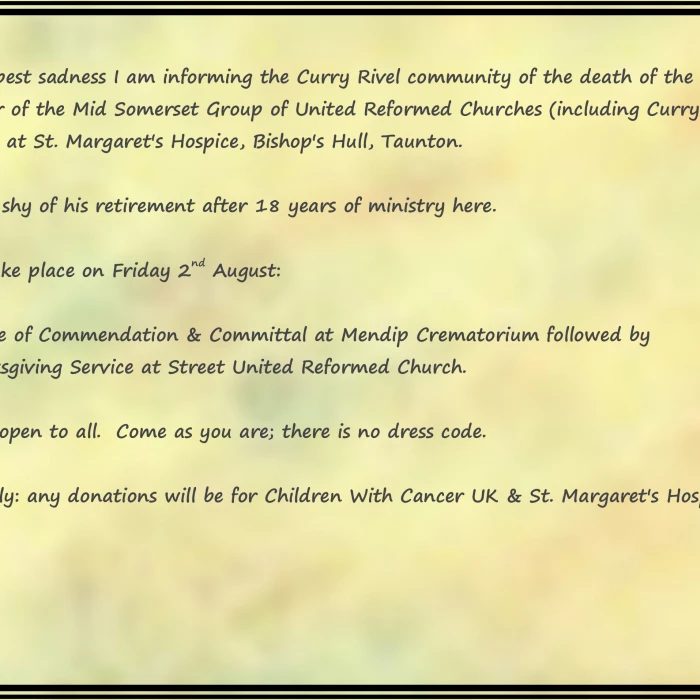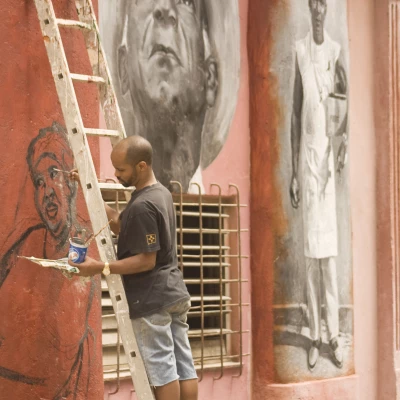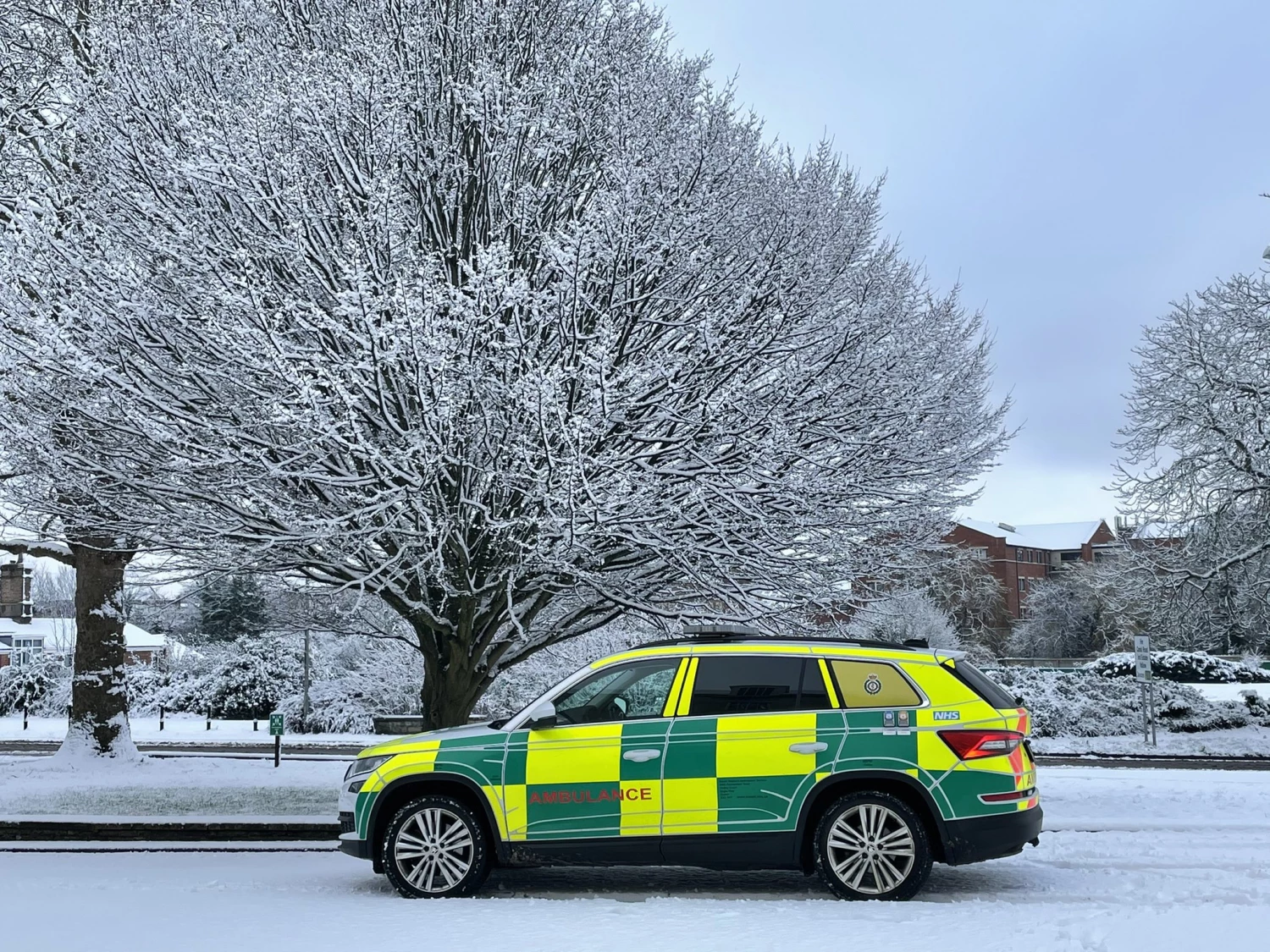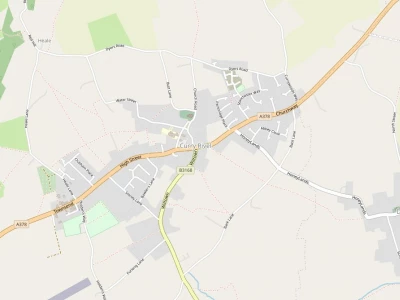South Western Ambulance Service
Help your ambulance service this winter
The South Western Ambulance Service NHS Foundation Trust (SWASFT) is urging communities across the region to use its services responsibly this winter, as it prepares for a challenging period.
The Trust is expecting a winter period of significant and sustained demand across its 999 services – a position that is reflected across other health and care organisations locally, regionally, and nationally.
As winter approaches, flu and other respiratory illnesses are expected to rise, a drop in temperatures and ongoing pressures due to ambulance handover delays are set to compound the challenges already faced by the region's ambulance service.
In response to this, the Trust has developed an extensive winter plan, and its leaders are asking communities to help us to help you by following the below steps:
Only call 999 when someone is seriously injured or ill and their life may be at risk. For example, if someone is unconscious, not breathing or is bleeding heavily.
If you're waiting for an ambulance, please don't call 999 back -- unless the patient's condition has deteriorated or you no longer need an ambulance -- to ask when one will arrive, these details can't be provided, as ambulances are sent to patients with the most life-threatening conditions first.
For non-life-threatening emergencies, people can access appropriate care by visiting NHS 111 online, contacting their GP or getting advice from a pharmacy.
Wayne Darch, Deputy Director of Operations at SWASFT, said:
"We know this winter is going to be very challenging for us, which is why we're urging local communities to use our services responsibly, and choose the right care for them.
"We want to be there for everyone that needs us in a medical emergency, to ensure this, we need to have crews available for patients with the most life-threatening conditions. Please only call 999 if someone is seriously injured or ill, for anything else, please contact NHS 111.
"I would like to thank our people and NHS colleagues who will be working throughout the winter to help keep us all safe and well. Should you need their support, please be kind to them, they are working hard under huge daily pressures."
New for this winter, SWASFT will trial with system partners, the development of Care Co-ordination Hubs across the South West. The hubs bring together multi-disciplinary teams, including ambulance service clinicians and health and social care professionals. They provide real-time access for patients, to health and urgent care services based within the community or secondary care.
This new approach supports patients to receive the right care in the right place which will improve patient outcomes and quality of care.
Examples of how patients have been helped so far include:
- A patient who was receiving palliative care, was not conveyed to hospital, instead they were able to access an end-of-life pathway with specialist care at home which was their wish.
- A patient who had pulled out their catheter, was attended to and treated by a district nurse, instead of being conveyed to ED by an ambulance.
- A patient who had fallen was seen by a paramedic on scene, the paramedic discussed their care with a GP in the Care Co-ordination Hub and the GP arranged for a frailty bed which meant the patient avoided going to ED.
A successful pilot has been running in Bath and North East Somerset, Swindon and Wiltshire (BSW) and new hubs have recently launched in Devon and Cornwall.
For non-life-threatening emergencies, people can access appropriate care by visiting NHS 111 online, contacting their GP or getting advice from a pharmacy.
Did you know:
- SWASFT provides emergency and urgent care across an area of 10,000 square miles – covering Cornwall & Isles of Scilly, Devon, Somerset, Dorset, Bristol, Wiltshire, Gloucestershire – which is 20% of mainland England and is predominately rural.
- SWASFT serves a resident population of over 5.5 million people, with an estimated annual influx of more than 23 million tourists. It typically deals with around 2,650 incidents a day.
- SWASFT employs more than 4,000 staff across 131 sites including 96 ambulance stations, and two Emergency Operations Centres in Bristol and at headquarters in Exeter
Get In Touch
CurryRivelOnline is powered by our active community.
Please send us your news and views.
Email: editor@curryrivel.org.uk






